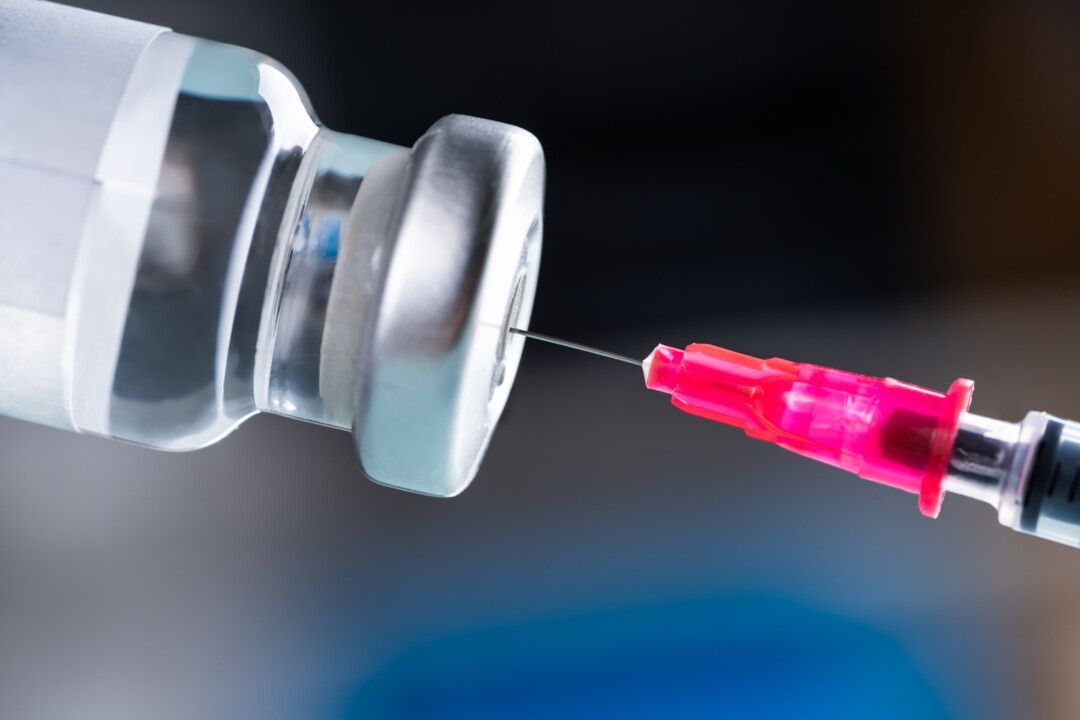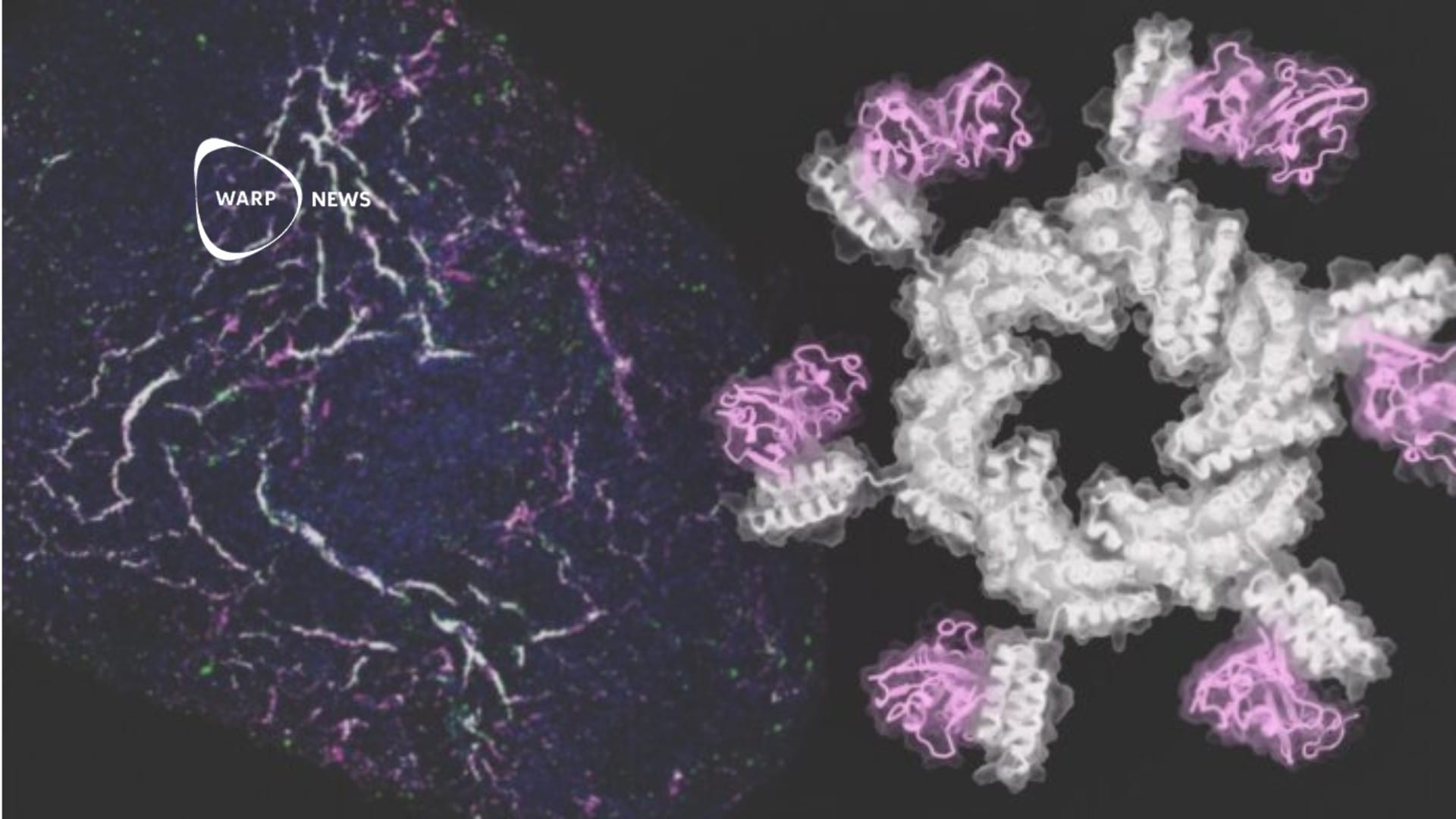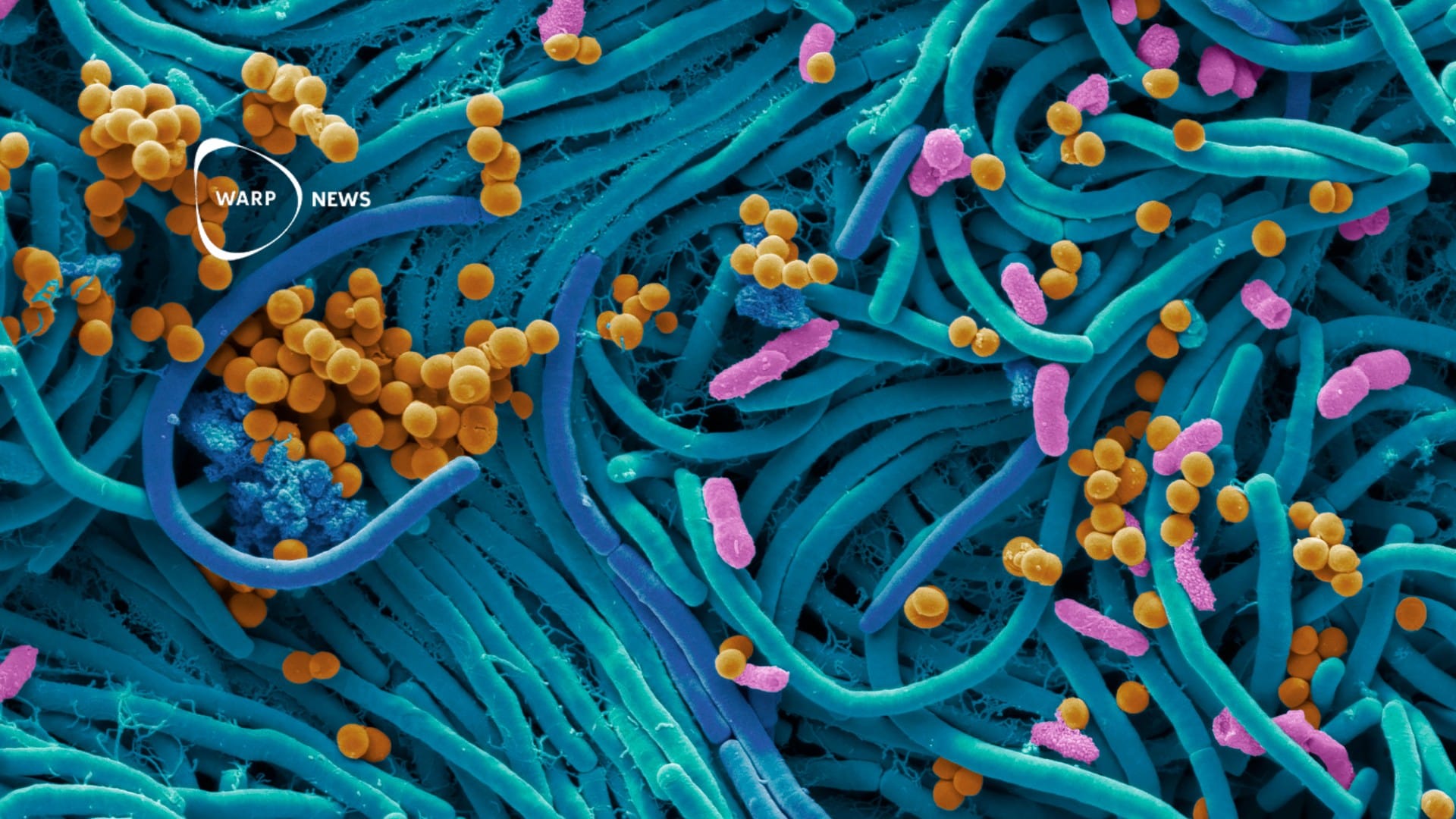
💉 Third vaccine dose offers elderly excellent protection
A third dose of covid-19 vaccine provides very good protection even for the elderly who are more vulnerable to more serious COVID-19.
Share this story!
Elderly people living in nursing homes belong to those who are most at risk of suffering from severe or fatal COVID-19. About half of those over 70 years who have died of covid-19 lived in nursing homes. Nevertheless, that group has been rather poorly represented in the large studies on the effect of the vaccine. So it has up until now been difficult to predict the effect of a third dose of the vaccine.
However, new knowledge is now available as researchers at Umeå University have examined over 2,000 people in nursing homes and it turns out that vaccination works very well for this group.
"The first analysis of blood samples from about 2,300 elderly people show that the third dose gives a strong increase in antibodies that are able to bind to the virus. Seeing an effect in this group is very important, as preliminary studies from other research groups show that protection against infection with the Omicron variant increases with a third vaccine dose", says Anders Johansson, researcher at the Department of Clinical Microbiology and one of the researchers behind the study, in a press release.
The study also shows that the vaccine provides good protection even for those who are most vulnerable in this group.
"In addition, the results show that the third dose gives a sharp increase in antibodies for practically everyone tested. This is a gratifying result and shows that the vaccines have the intended effect even for the oldest, where we have had strong fears that the effect would be insufficient", says Mattias Forsell, associate professor of immunology at Umeå University and another of the researchers behind the study.
The researchers will now carry on and try to use the results from the study as a basis for determining when additional doses may be needed to protect the weakest.
"We hope to be able to expand further and, above all, continue the survey with repeated sampling. Then the results will help with the decisions about at what time additional vaccine doses are needed for the very oldest", says Anders Johansson.
By becoming a premium supporter, you help in the creation and sharing of fact-based optimistic news all over the world.


